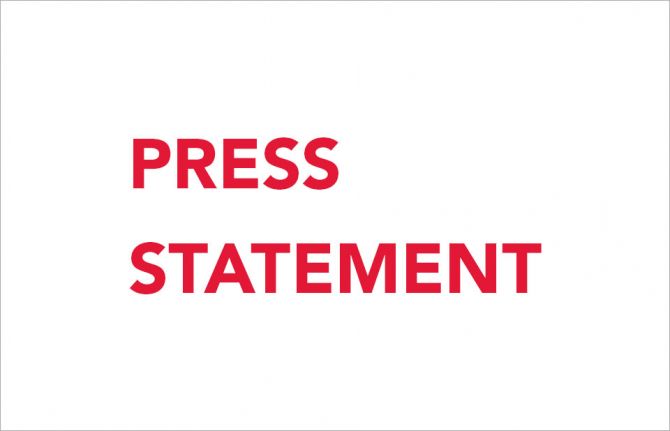

Press Statement
UNAIDS thanks Shinzo Abe for his years of commitment to the AIDS response and to global health and development
01 September 2020 01 September 2020As the Japanese Prime Minister steps down, UNAIDS recognizes Shinzo Abe’s contribution to global health, notably to universal health coverage
GENEVA, 1 September 2020—UNAIDS commends Shinzo Abe for his significant contribution to global health during his tenure as Prime Minister of Japan. Japan has been a longstanding partner of UNAIDS and is one of the leading investors in the AIDS response. Under Mr Abe’s leadership, Japan has supported programmes focused on key populations across Asia and has invested in projects such as the Kenya HIV Situation Room, which is using cutting-edge technology to provide high-quality data about Kenya’s HIV epidemic.
Upon Mr Abe’s appointment as Prime Minister in 2012, Japan was already a prominent voice in global health and development, having introduced the issue of infectious diseases to discussions at the Group of Eight Kyushu-Okinawa summit in 2000. Those discussions contributed to the creation of the most important public–private mechanism for financing the AIDS response, the Global Fund to Fight AIDS, Tuberculosis and Malaria.
Building on Japan’s engagement in health and development, Mr Abe launched Japan’s Strategy on Global Health Diplomacy in 2013. The strategy focused on promoting universal health coverage and mobilizing Japan’s knowledge and expertise to contribute to realizing a world where everyone has access to basic health-care services at an affordable cost.
It was thanks to the leadership of Angela Merkel and Mr Abe that universal health coverage was on the agenda of the Group of Seven summit in 2016. Japan also hosted the Group of Twenty summit in Osaka in 2019, where the first joint Group of Twenty finance and health ministers meeting was held to discuss sustainable health financing to achieve universal health coverage.
Mr Abe was also a strong voice at TICAD (the Tokyo International Conference of African Development), promoting development, peace and security in Africa through the strengthening of relations in multilateral cooperation, under the principles of African ownership and international partnership.
UNAIDS wishes to thank Mr Abe for his commitment and leadership in global health and development and wishes him good health and the very best for the future.
UNAIDS
The Joint United Nations Programme on HIV/AIDS (UNAIDS) leads and inspires the world to achieve its shared vision of zero new HIV infections, zero discrimination and zero AIDS-related deaths. UNAIDS unites the efforts of 11 UN organizations—UNHCR, UNICEF, WFP, UNDP, UNFPA, UNODC, UN Women, ILO, UNESCO, WHO and the World Bank—and works closely with global and national partners towards ending the AIDS epidemic by 2030 as part of the Sustainable Development Goals. Learn more at unaids.org and connect with us on Facebook, Twitter, Instagram and YouTube.
